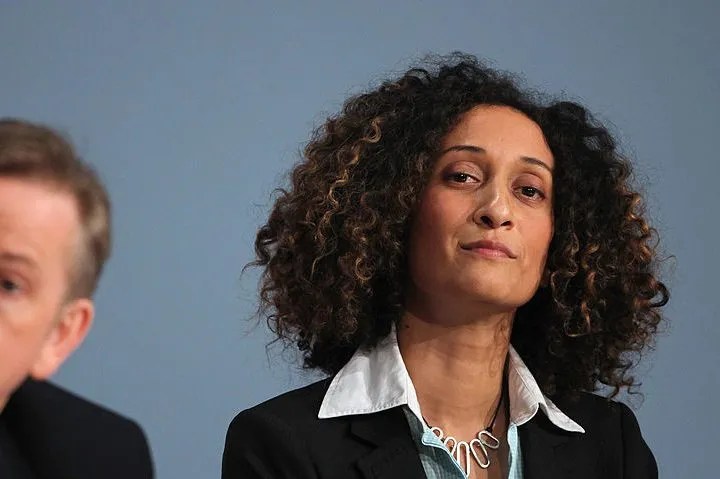The row that has erupted at Katharine Birbalsingh’s Michaela school in north London highlights the difference in how Britain and France confront Islamic conservatism in education and wider society.
Birbalsingh has displayed courage in imposing a blanket ban on all ritual prayer in the school, but nonetheless in France such displays of religiosity have been outlawed for more than a century.
Already a subscriber? Log in
Subscribe for just $2 a week
Try a month of The Spectator Australia absolutely free and without commitment. Not only that but – if you choose to continue – you’ll pay just $2 a week for your first year.
- Unlimited access to spectator.com.au and app
- The weekly edition on the Spectator Australia app
- Spectator podcasts and newsletters
- Full access to spectator.co.uk
Or





















Comments
Don't miss out
Join the conversation with other Spectator Australia readers. Subscribe to leave a comment.
SUBSCRIBEAlready a subscriber? Log in